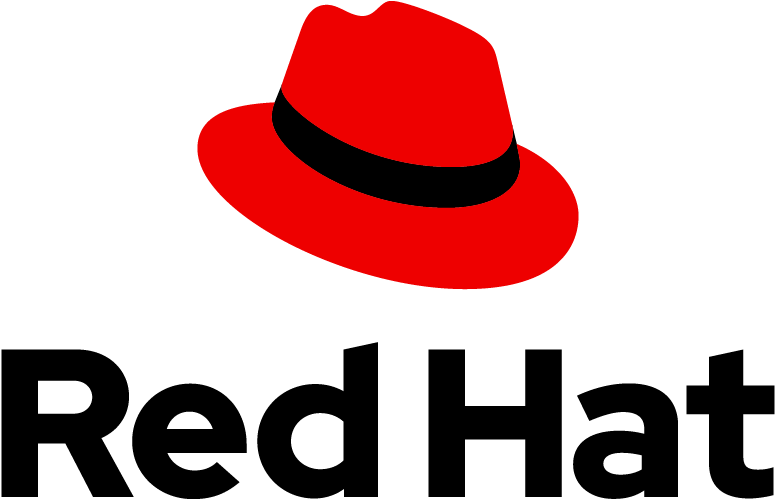
Overview
This is a repackaged open source software product wherein additional charges apply for support while launching it and connecting to the instance for the first time as well as continuous security updates available in new versions.
DESCRIPTION Red Hat Enterprise Linux 9 on AWS offers a modern, secure, and performance-optimized operating system with advanced features for cloud-native and hybrid cloud environments, integrating enhanced automation and security tools to support enterprise workloads and innovation at scale.
See also other popular images
Ubuntu Desktop 20.04 LTS - GUI Gnome with VNC and RDP Ubuntu Desktop Basic 22.04 - Web and RDP Amazon Linux 2 with GUI Mate Desktop VNC / RDP NginX on Ubuntu 22.04
Highlights
- Cutting-Edge Innovation: Red Hat Enterprise Linux 9 brings the latest enterprise-grade enhancements, designed for next-generation workloads and optimized for both cloud-native and hybrid cloud environments.
- Advanced Security: With features like integrity measurement architecture (IMA) and extended SELinux capabilities, RHEL 9 provides strengthened security and compliance for critical infrastructures.
- Automation and Efficiency: RHEL 9 includes enhanced automation tools such as Ansible automation platform integration, enabling streamlined system management and operational efficiency at scale on AWS.
Details
Introducing multi-product solutions
You can now purchase comprehensive solutions tailored to use cases and industries.

Features and programs
Financing for AWS Marketplace purchases

Pricing
Free trial
- ...
Dimension | Cost/hour |
|---|---|
t3.large Recommended | $0.04 |
t3.micro | $0.01 |
r6i.12xlarge | $0.04 |
r6i.2xlarge | $0.04 |
r6i.xlarge | $0.04 |
r5.4xlarge | $0.04 |
t3a.xlarge | $0.04 |
t3a.large | $0.04 |
r5.12xlarge | $0.04 |
m5.2xlarge | $0.04 |
Vendor refund policy
Instance billed by hour of actual use, terminate at any time and it will stop incurring charges. No refunds available.
How can we make this page better?

Legal
Vendor terms and conditions
Content disclaimer
Delivery details
64-bit (x86) Amazon Machine Image (AMI)
Amazon Machine Image (AMI)
An AMI is a virtual image that provides the information required to launch an instance. Amazon EC2 (Elastic Compute Cloud) instances are virtual servers on which you can run your applications and workloads, offering varying combinations of CPU, memory, storage, and networking resources. You can launch as many instances from as many different AMIs as you need.
Version release notes
Updated AMI with latest security patches and improvements
Additional details
Usage instructions
- Launch the instance either via AWS MarketPlace wizard or EC2 console
SSH Access
- Configure the Security Group to open Inbound TCP port 22 from your location or 0.0.0.0/0 (open to the world)
- Use an SSH client (for example: https://www.putty.org ) to connect to the instance's IP on the port 22.
- Authenticate to the instance using the key pair selected during the instance launch. The user name is ec2-user.
Additional Information
Monitoring the Health of the instance
- Navigate to your Amazon EC2 console and verify that you're in the correct region.
- Choose Instance and select your launched instance.
- Select the server to display your metadata page and choose the Status checks tab at the bottom of the page to review if your status checks passed or failed.
Data Encryption
- This image does not provide encryption by default at the Operating System or Application level, customers are encouraged to enable EBS encryption during the Instance Launch: https://docs.aws.amazon.com/AWSEC2/latest/UserGuide/EBSEncryption.html
- EBS Encryption using the Default key enables key rotation
- More details: https://docs.aws.amazon.com/AWSEC2/latest/UserGuide/EBSEncryption.html#kms-key-rotation
- Using EBS encryption, the decryption is done automatically when using the instance.
- Customer data can be saved anywhere in the instance, however it is a good practice to save user data (including sensitive data) in the /home/<user-name> directory.
Resources
Vendor resources
Support
Vendor support
Arara Solutions provides limited support covering the launch and use of the instance, see details on http://arara.solutions/support-plans/ Contact us via http://arara.solutions/support/ or support@arara.solutions and mention product: Red Hat Enterprise Linux 9 with support by Arara Solutions
AWS infrastructure support
AWS Support is a one-on-one, fast-response support channel that is staffed 24x7x365 with experienced and technical support engineers. The service helps customers of all sizes and technical abilities to successfully utilize the products and features provided by Amazon Web Services.
Similar products




